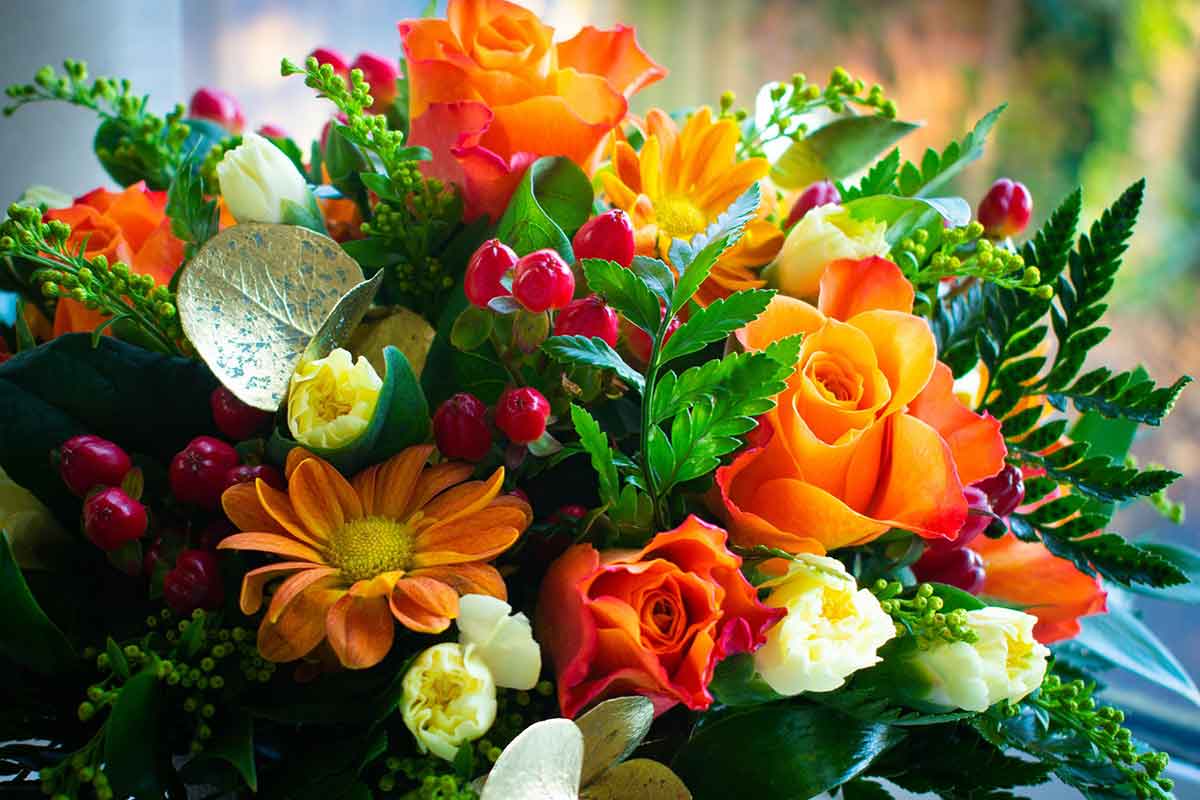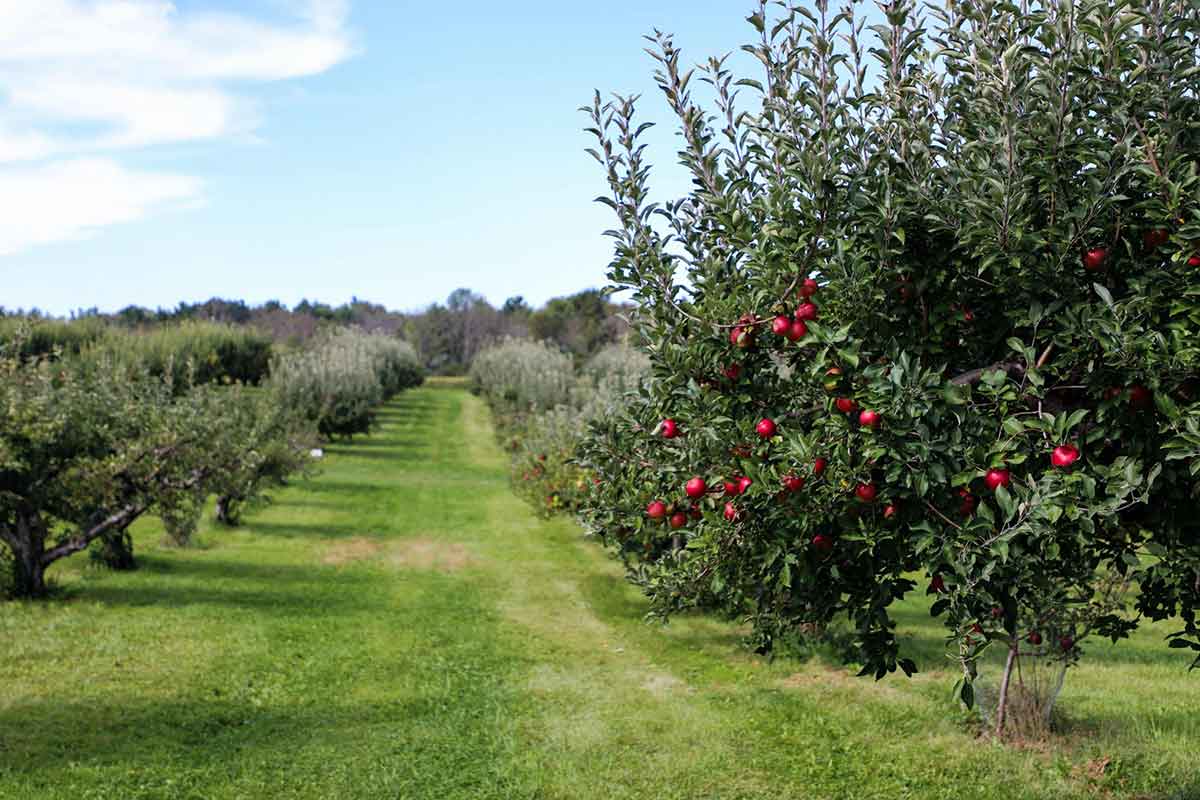Many of us enjoy a beautiful bouquet in our homes or offices, and flowers are popular at many of the celebrations and commemorations in life, such as weddings or funerals. Until now, the bulk of cut flowers sold in the UK have come from abroad. However, there is now a growing movement of homegrown flower farmers. Whether you are starting with a humble plot as a hobby in the garden, or looking at a larger acreage with a business in mind there are lots of options to get involved yourself or purchase your first locally grown blooms.
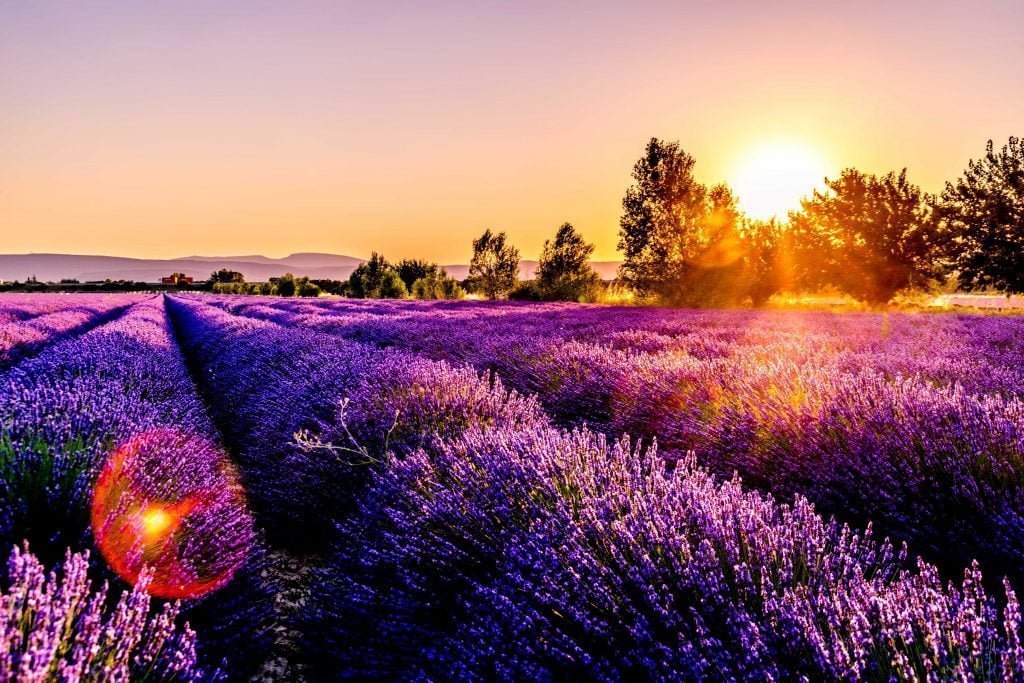
Why Buy British?
We find that lots of our existing customers spend the year growing their own produce and aim for a degree of self-sufficiency through vegetable plots and greenhouses. So, it’s no surprise many are now looking to expand from tasty fruit and vegetables to growing their own seasonal bouquets.
As everyone is becoming more environmentally aware, one of the first benefits of growing or purchasing locally is the reduced travel distance. British grown flowers will travel far less distance than those grown in other countries. Buying and producing locally creates a reduced carbon foot-print overall.
Another benefit is that British flowers do not need to be breed to survive the journey, so they have a much better scent!
In a recent interview in Gardening Illustrated Cel Robertson of Forever Green Flower Company talks about sustainability in flower farms. The company wants to “offer a thoughtful, sustainable, conscious alternative for customers who want to make a difference with their flower purchases”. And we agree on this one!
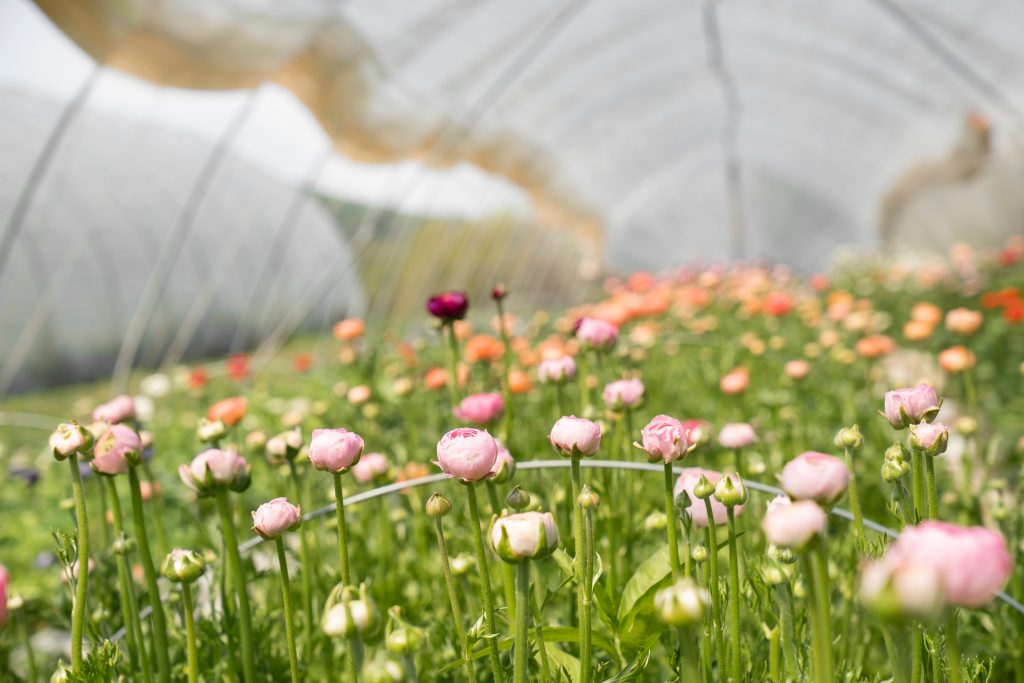
On the Farm(s)
There are so many great growers we thought we would squeeze a bit of information on just a few to shine a light on our blooming British farms and growers!
British flower farms come in all shapes and sizes. Previously mentioned Cel Robertson grows flowers on a larger scale in Norfolk and says that she was lucky to find a piece of land to rent which fulfilled her needs. She was able to find a long-term tenancy on a piece of land with ample running water and access for the public for both sales and workshops.
A bit closer to home is West End Flower Farm near Alton, Hampshire – just a stone’s throw from our premises! It’s currently run by the fourth generation of the Butler family. They are well on the way to filling the approximately 30-acre farm with flowers, to provide their family with ‘a solid, safe future’. They even have a restaurant on site, so a great venue to visit year-round.
Victoria Martin and her husband Barney of Stokesay Flowers in Eastleigh, Hampshire leapt at the chance to lease the walled garden at Stokesay Court initially growing fruit, vegetables, and flowers on the acre of land. However, the flowers proved to be the most profitable crop on this small scale so they specialised, and business is booming.
Camomile and Cornflowers’ Kate Hurst runs her business from her expansive three-acre mature garden in Worcestershire. Kate describes herself as a grower, not a farmer because in her words ‘there’s nothing farmlike about my garden’. It is very biodiverse, teeming with wildlife, so her bouquets are ‘naturally beautiful, slightly wild and a little bit wonky’.
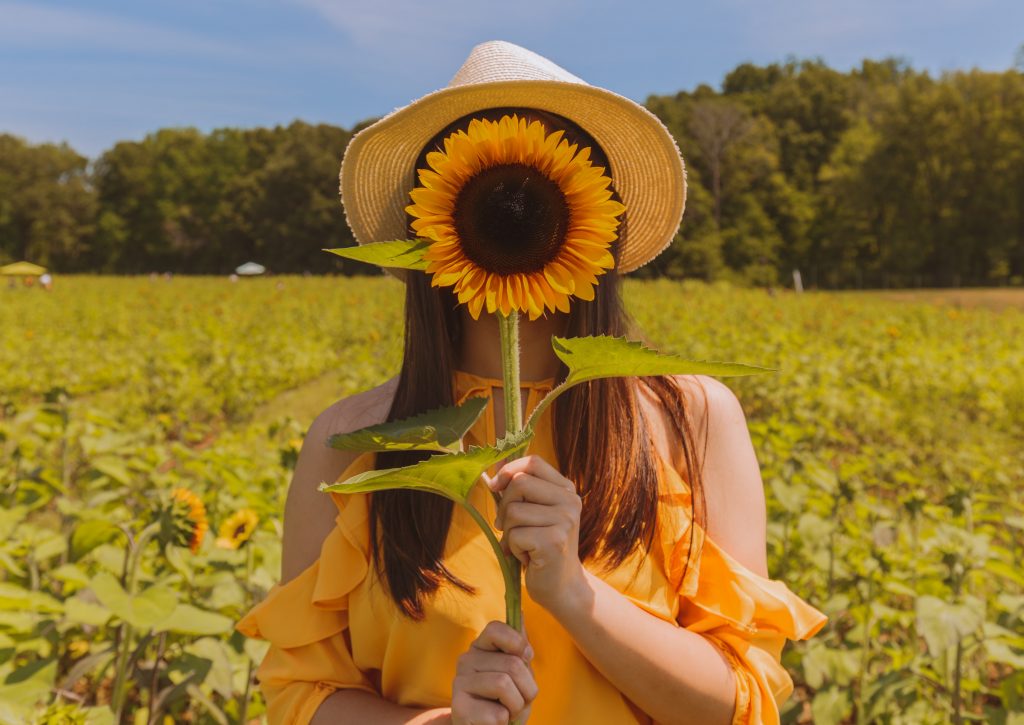
Flower of the Farm
Flowers of the Farm is an organization set up by Gill Hodgson in 2011 as a network for flower growers and farmers. Volunteer members lead activities in their areas to raise awareness of British flower growing, and Diversity Action Group was started in 2020 to ensure that people who may otherwise have been excluded from the industry. New and aspiring flower growers can find advice and support with its over-1000 members.
Flowers of the Farm is helping to grow the British flower growing industry and nurturing the diversity of both the landscape and the profile of flower growers across the UK and the local community with all the flowers they could ask for.

